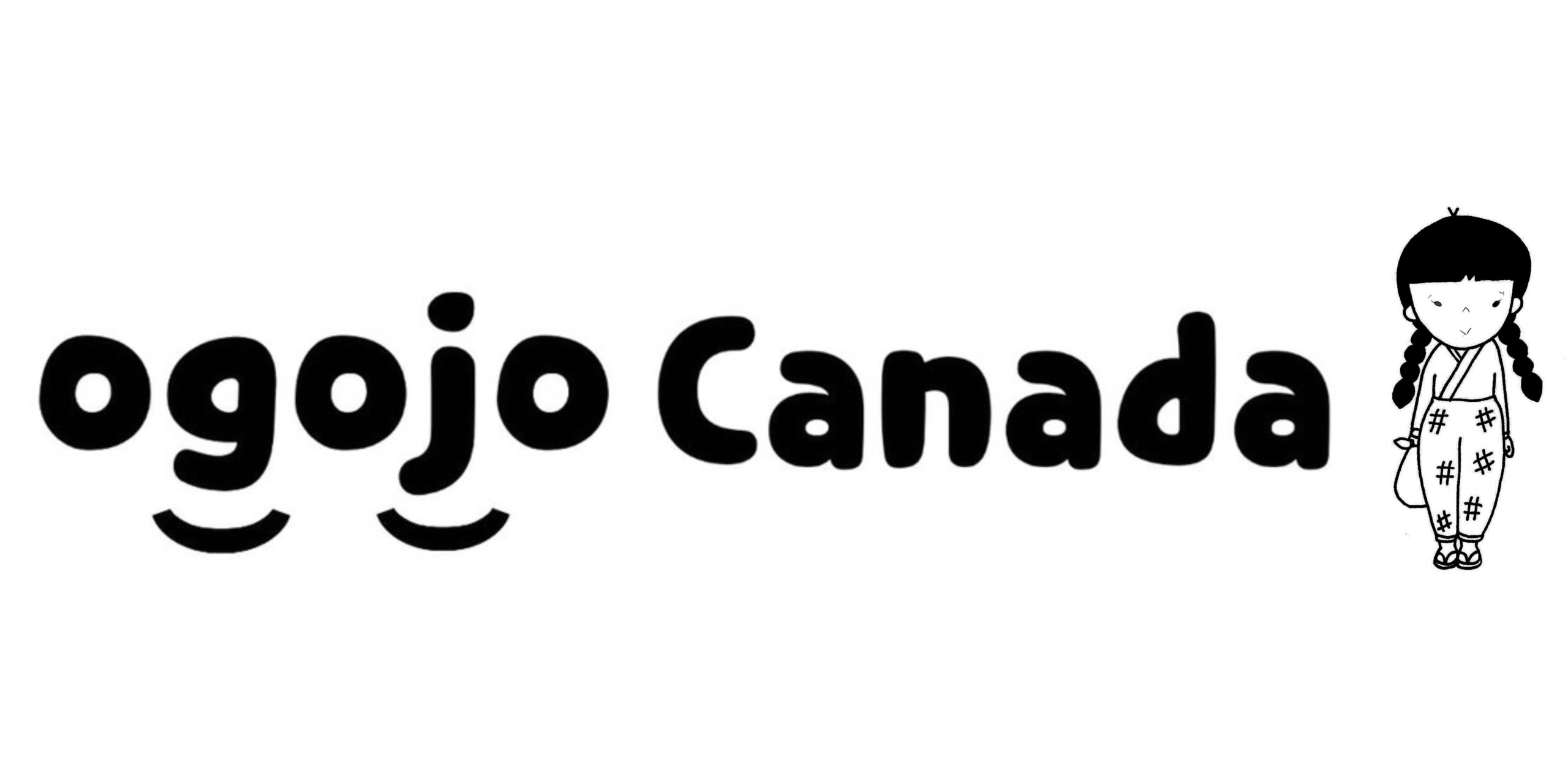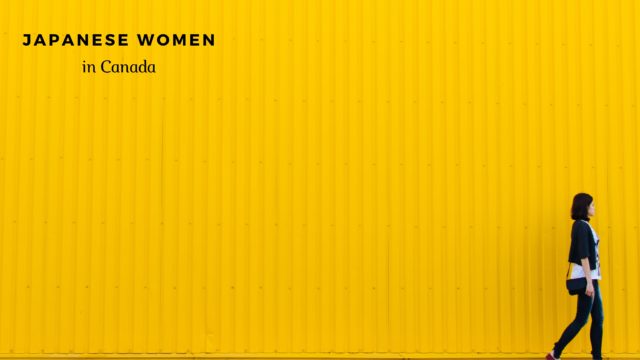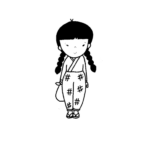- What do you like about Canada?
- How long have you been living in Vancouver? What brought you here?
- Please tell us about your life after moving to Vancouver.
- How do you feel about working in Canada?
- What is the hardest thing you’ve faced living in Canada?
- What is your personal beliefs?
- You are preparing to open a online store called Lapin et Bonbon, please tell us about your business.
- Please tell us about the immigration support that you have received in Canada.
- How do you feel about raising children overseas?
- How do your children perceive your move to Vancouver?
- What advice do you have for people who want to move abroad?
- EDITOR’S COMMENT
What do you like about Canada?
It is interesting to meet people of different races. I like Vancouver because it has a good balance between nature and the city. In the summer, there are long hours of daylight, so we can go paddle boarding in the neighborhood after school, and in the winter, we can go snowboarding in the mountains after picking up the kids from school.
I think it’s wonderful that fathers are participating in childcare. It’s comfortable that you don’t have to be the same as everyone else. It’s fun to challenge myself to do things here that I can’t do in Japan.

How long have you been living in Vancouver? What brought you here?
In May of 2015, I came to Vancouver with my two children for a couple of working holidays. At the time, my eldest daughter was 4 years old and my youngest daughter was 1 year old.
Before moving to Vancouver, we were living in Tokyo, and when our eldest daughter was three months old, we were hit by the earthquake. Since we were living in a building, I panicked, wondering how I could escape with a three-month-old baby. I didn’t know whether I should stay here or run outside, and in the end I couldn’t go outside. After that, I began to feel a strong desire to get out of Tokyo, where the aftershocks continued. I think I was very sensitive after giving birth, but I was also concerned that my food and water might have been contaminated by radiation.
I don’t know about now, but at that time, Canada was a country where couples could go on a working holiday with their children. I convinced my husband for a year to come to Canada, and we had three years to prepare for the trip, and I even took classes to become a sushi chef with an eye to getting Canadian immigration status.

Please tell us about your life after moving to Vancouver.
After moving to Vancouver, my husband and I decided to exchange our roles to try something new. I worked full-time as a sushi chef, while my husband became a stay at home dad. I had lived abroad before, so I was used to living abroad, but it was my husband’s first time living abroad and he didn’t know anyone, so I am sure it was very hard for him to be a full-time househusband.
I am very happy that my husband has come to understand how hard it is to raise a child after being a full time father for a while, and he has become very supportive. On the other hand, I have come to understand how hard it is for my husband to work full time and support his family.

How do you feel about working in Canada?
When there were times when I made mistakes in English, I thought it was not easy. However, it was a very good experience because I would not have known if I had not put myself in such an environment and challenged myself.
What is the hardest thing you’ve faced living in Canada?
We were very confused because the hospital system is different from Japan. We had to wait for six hours at the emergency room where we took our child. It was especially difficult because we were the only ones around and there was no one to rely on. However, thanks to this, our family bond has become stronger and I feel that we are cooperating well with each other.
Since moving here, I have come to appreciate the little things, and I think I am living a more mindful life than when I was in Japan. I have more time to spend with my family, which makes my days more fulfilling, and I am truly glad that I moved here.
What is your personal beliefs?
“As long as I can laugh every day and stay healthy, that’s all that matters.” I’ve become simpler, partly because of Covid.
Four years after I moved here, I finally got my immigrant visa, so I can now plan for the fact that I will live here forever. Up until now, I have been living with the thought of leaving, so now I want to settle down and really live here. Our next goal is to buy a house.

You are preparing to open a online store called Lapin et Bonbon, please tell us about your business.
I took an online class for immigrant women last year because the pandemic was affecting my mental state, and I needed to focus on something else. They help me learn how to start a business there and support me until I open it.
The rabbit in the logo is actually my husband. After the birth of my first daughter, my life suddenly changed and I became more and more depressed. My husband called me during his breaks at work and took me out. Each time, he bought me flowers or sweets and brought them to me. By eating delicious food and looking at beautiful flowers, I gradually regained my energy. I am very grateful to my husband for such thoughtfulness.
With my experience as a florist, I plan to sell flower bouquet and baked goods gift sets at Lapin et Bonbon. I hope to be able to bring cheer to people, just as my husband did to me.
In the future, my goal is to offer pastry classes that include table settings and to coordinate events. I really like inviting people over and entertaining them.

Check out her Instagram: Lapin et Bonbon
Please tell us about the immigration support that you have received in Canada.
After moving to Japan, the first place I visited was MOSAIC. They were very helpful in teaching me about child benefits, MSP (health care), and so on.
Next, I went to the South Vancouver Family Place. It is free for all immigrants to attend. The ESL class itself was more for conversation than study, and they had a women-only class where you could leave your children at childminding during the class. It’s okay to make mistakes, and they encourage you to talk about it anyway.
In the parenting class, they taught us how to talk about shopping, how to go to the hospital, how to buy medicine for our prescriptions, and other necessary things in life. Other than that, they brought VSB in as a guest and taught us how to read report cards, how to change schools, etc. Every time there was a different topic. When BC Hydro was there, they taught us how to save utility fee.
If you take the class, you will get a lot of information, such as the FoodSafe and RedSeal program, which is a national certification that will help you find a better job. I used to go to them when I was on a working holiday or work visa, but after I became an immigrant, they became even more helpful to me. They help me to take the “first step” to living in Canada. That’s how I got to know about Infinity Womenprener.
We also had a lot of fun making sweets. The kids also got to know each other and made friends. I think that Canada is a great country because the government supports immigrants.
How do you feel about raising children overseas?
In Canada, there is a clear distinction between work and family. It is good to be able to go home on time without having to work overtime like in Japan.
When I walk with my children, people lend me a hand or help me carry the stroller. People are really kind and I find it is easy to raise children in Canada. Even just a casual hello will make you feel nice
Unlike in Japan, it is difficult to pick up and drop off children from elementary school and other lessons, but I think it is good and safe.

How do your children perceive your move to Vancouver?
When my eldest daughter joined Kindergarten right after we came to Canada, she could hardly speak English, but she read books and made efforts on her own. I felt sorry for giving her extra trouble, but she naturally accepted it and worked hard.
They are now learning French, the official language of Canada, and we, the parents, are impressed with their ability to adapt.

What advice do you have for people who want to move abroad?
Don’t give up.
I myself felt like giving up because the process of immigration was so long. There were times when I thought it would be easier to go home. Now that I have immigrated, I am grateful to the country of Canada. I am glad that I chose Canada as my country.
There is definitely a place that supports you. There are many people who will help you. If you have children, you may hesitate, but you will be able to manage. If you really want to do this, don’t give up.
EDITOR’S COMMENT
The Great East Japan Earthquake that occurred in 2011 left many people traumatized. Ayumi’s life was changed forever when she and her three-month-old daughter experienced the disaster in Tokyo. Ayumi and her family moved to Vancouver in search of a city where they could live in peace and safety, but their journey was not smooth. However, the family was able to overcome the uncertainty of the future and finally obtained their immigration status.
Now that she has settled down and is finally able to focus on herself, Ayumi told me that she is still trying to figure out what she really wants to do, but she is making plans and moving forward step by step to give shape to her thoughts. I hope that the bouquets and sweets that Ayumi makes will be a source of cheer for lots of people.











